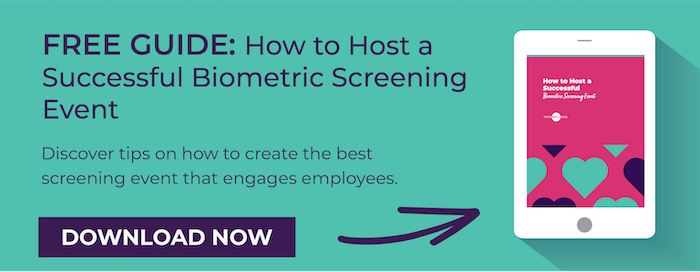 You might not think much about your liver. It's not the most glamorous organ, but it's one of the hardest working. Your liver is responsible for many of your body’s metabolic functions and does the lion’s share of toxin removal to keep you healthy and strong. The liver also plays a role in blood health, acting as a “blood recycler” that breaks down old or damaged blood cells in the body, and regulates iron and plasma levels.
You might not think much about your liver. It's not the most glamorous organ, but it's one of the hardest working. Your liver is responsible for many of your body’s metabolic functions and does the lion’s share of toxin removal to keep you healthy and strong. The liver also plays a role in blood health, acting as a “blood recycler” that breaks down old or damaged blood cells in the body, and regulates iron and plasma levels.
To put it bluntly, your liver is irreplaceable. Unlike the heart, if your liver becomes severely damaged, there are no medical procedures, short of a liver transplant, to replace it. But if you take care of your liver, your liver will take care of you. Here are five ways you can keep your liver healthy:
Limit Alcohol Consumption
Probably the most well-known function of the liver is the role it plays in metabolizing and breaking down alcohol. Everything you eat and drink passes through the liver, including alcohol – and it's your liver's job to get rid of harmful chemicals and toxins that come from those extra beers or cocktails.
Long-term alcohol abuse can lead to severe liver problems. Consuming excessive amounts of alcohol can damage cells in such a way that the liver becomes swollen and scared, which can, in turn, lead to a painful and fatal disease called cirrhosis. The real danger of cirrhosis is that it prevents blood flow in and out of the liver, which eventually leads to organ failure.
As with many things, an ounce of prevention is worth a pound of cure, so stave off liver problems due to excessive alcohol consumption by limiting your drinking habits – many doctors recommend a limit of two drinks per day for men and just one per day for women.
Read Medicine Labels
Even when you're trying to do right by your body, you need to be watchful about potential side effects, specifically with medications. Certain drugs have the unfortunate side effect of liver damage. For example, the common pain reliever acetaminophen (which is found in Tylenol) can hurt your liver if its taken is massive quantities or overused. Acetaminophen is also especially harmful to the liver when it is consumed with alcohol.
To combat this potential risk, take medicines like Tylenol in moderation, never use them with alcohol, and always read the label of new medicines before you take them.
Get Regular Exercise
Just like most of your other vital organs, regular exercise and a healthy diet can help keep your liver healthy and productive. By exercising consistently, you’ll burn triglycerides for fuel, help to keep your weight under control, and can also reduce liver fat, which in turn helps to prevent nonalcoholic fatty liver disease (or NAFLD).
NAFLD is a condition in which excess fat is stored in your liver. It can be caused by an unhealthy lifestyle, like being excessively overweight. Heavy alcohol consumption can lead to NAFLD as well. The real dancer with NAFLD is that, like overmedicating, it can also lead to cirrhosis, a deadly liver diagnosis.
To keep your liver healthy, aim to exercise for at least twenty minutes a day, and eat everything in moderation. Find an exercise schedule that works for you, and commit to it.
Watch for Toxins
Like we mentioned above, a key role of the liver is helping to remove toxins from the body. While many toxins come in the form of unhealthy food and drink items that we knowingly ingest, they can also come from things that we may not mean to put in our bodies, such as “toxins from cleaning and aerosol products, insecticides, chemicals, and additives.”
When you use these types of products, be sure to use them outside or in a very well-ventilated area. Using a mask is also an option. And of course, do not smoke.
Protect Yourself From Hepatitis
Hepatitis is a very serious disease that has a harmful and lasting impact on the liver. This is true with all forms of hepatitis, but particularly chronic hepatitis C, which is a shockingly common disease. Approximately 3.5 million people in the United States are living with chronic HCV.
Chronic hepatitis C (or HCV) creates ongoing inflammation in the liver, which is not only uncomfortable, but can also cause the body to be vulnerable to other serious health issues, like scarring and cirrhosis, and even develop other issues, such as damage to the central nervous system.
Protect yourself against hepatitis with regular vaccinations, being cautious of consuming strange water and food when traveling.
While you probably don’t give much thought to your liver, it’s vital to your overall health. So be sure to give your liver a little TLC!
How do you maintain a healthy liver? Share some ideas in the comment section below!
Image created by Freepik



